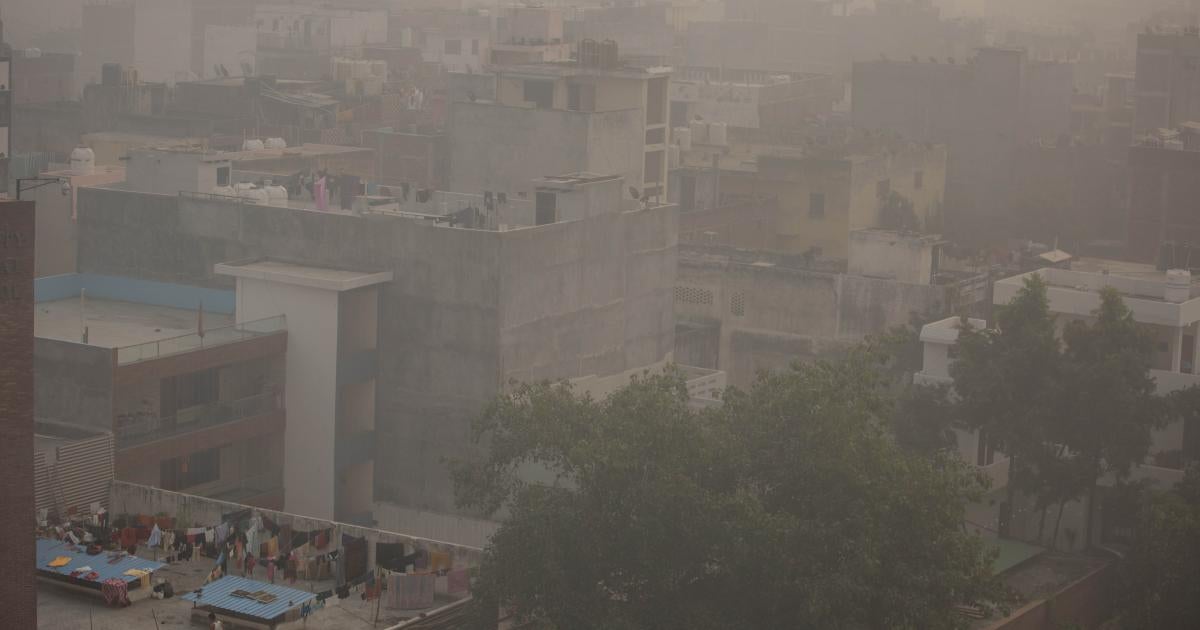Toxic Pollution Demands ‘Immediate, Ambitious Action’
A new report by United Nations experts is raising renewed alarms about toxic pollution’s devastating impact on human rights.

A particular focus of the report, presented at the UN Human Rights Council in Geneva this week, is on so-called “sacrifice zones.” These are areas where disadvantaged communities suffer extreme exposure to toxic chemicals, and where their rights are intentionally compromised – ostensibly for economic growth.
There are shocking examples of environmental injustice in such sacrifice zones across the globe, from US petrochemical and other industries at Louisiana’s “Cancer Alley” to astronomical levels of air pollution in New Delhi and other Asian cities, causing ill-health and deaths as well as school closures. One example that Human Rights Watch documented is the severe lead contamination in impoverished residential areas adjacent to a former industrial mine in Kabwe, Zambia.
There, children suffer from lead poisoning because the mine’s waste piles have not been cleaned up nearly three decades after the mine’s closure, but blow lead dust to residential areas every day. Lead poisoning damages the brain, kidney, liver, stomach, and can result in anemia, stunted growth, learning disabilities, hearing loss, convulsions, coma, and death. Globally, at least nine million people a year die prematurely due to toxic pollution, and billions suffer from impaired health due to exposure to toxic chemicals. An environment free of toxics is a key part of the human right to a safe, clean, healthy, and sustainable environment.
The UN experts call for transformative change, arguing gradual approaches will not suffice to deal with the triple environmental crises of climate change, toxic pollution, and decline in biodiversity. This should include the cleanup of sacrifice zones, banning the production and use of highly toxic substances, and imposing stricter rules on businesses. And while such changes would cost billions of dollars, the experts conclude the benefits of a human rights-based approach will be measured in trillions. This should be a wake-up call for governments. Humanity has no time to lose.
Read the full article at the original website
References:
